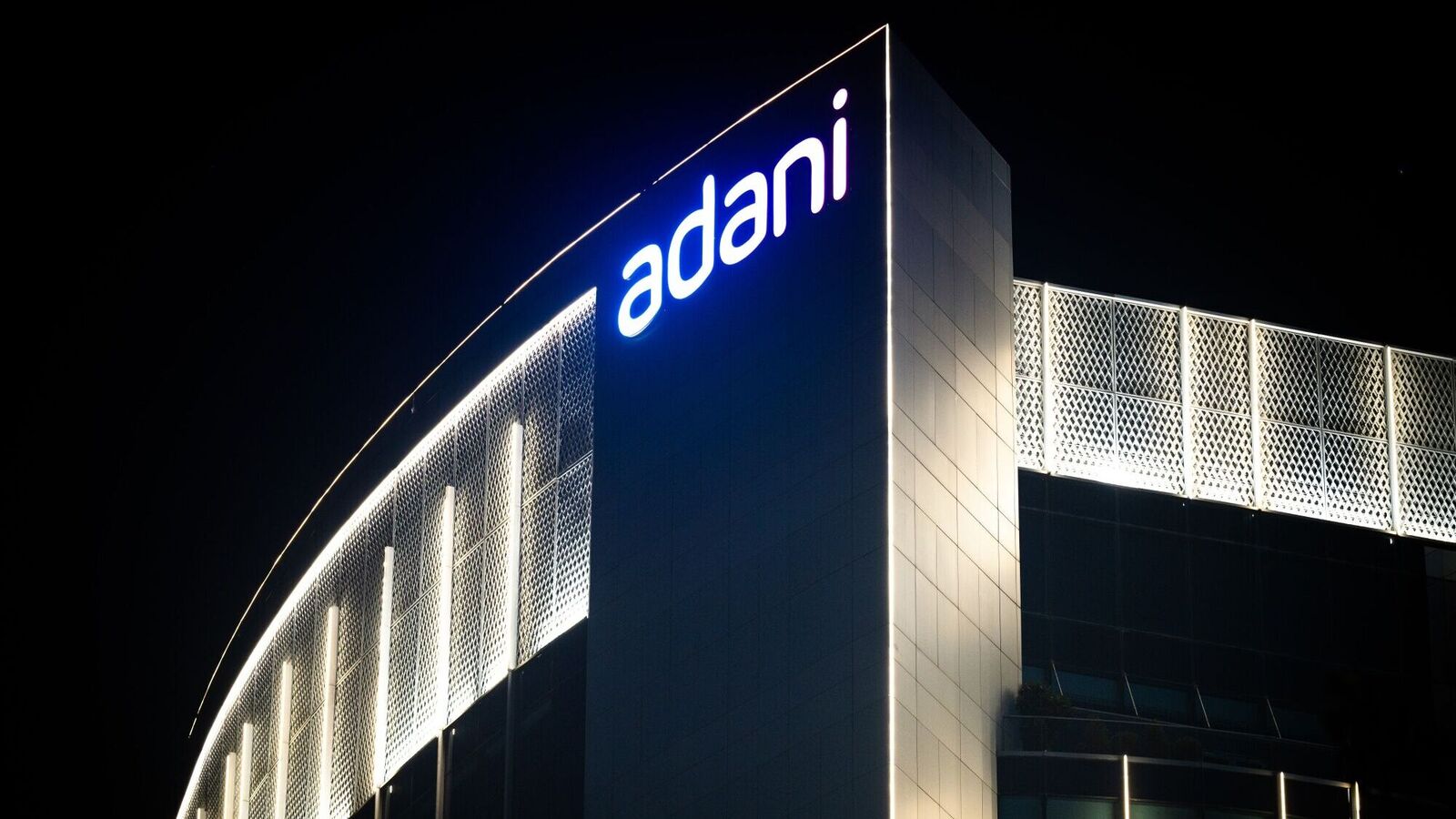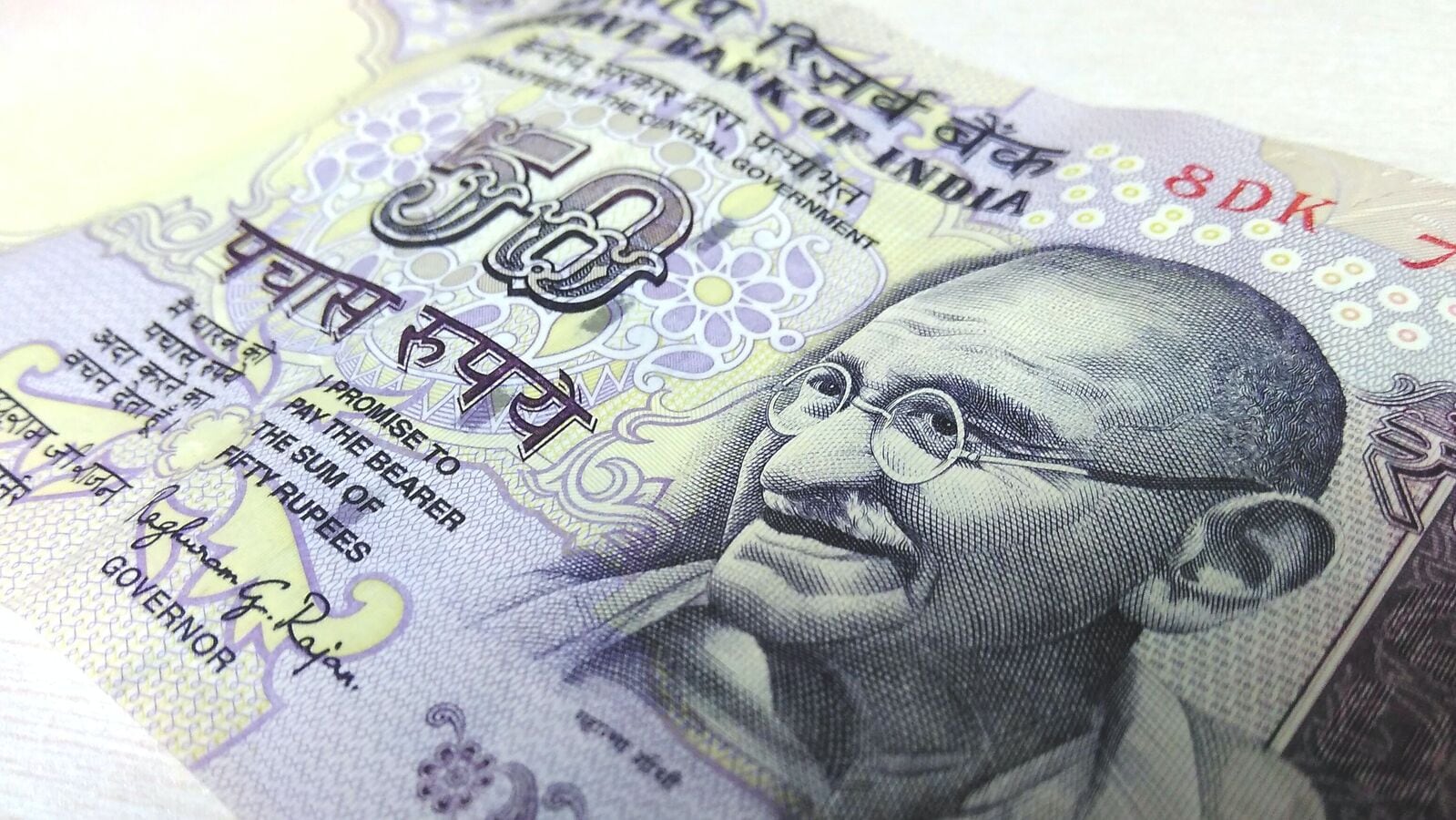According to prosecutors, the Adani group orchestrated a yearslong scheme involving the payment of $250 million in bribes to Indian government officials to secure favourable terms for solar power contracts awarded to Adani Green Energy Ltd and Azure Power Global Ltd, a New Delhi-based firm that was previously listed on the New York Stock Exchange.
The charges, which include violations of US anti-corruption and fraud laws, carry significant legal and financial implications. Mint explains the legal process in the US justice system involved in the Adani case.
What are the charges?
Gautam Adani, the chairman of Adani group and Adani Green Energy, and seven executives have been indicted by the US Department of Justice (DOJ) on five counts:
1.Bribery: Allegedly paying about $250 million to Indian officials between 2020 and 2024 to secure solar energy contracts.
2.Securities fraud: Inflating stock values by concealing these bribery activities and misleading investors.
3.Wire fraud: Using interstate communications to carry out fraudulent schemes.
4.Violations under the US Foreign Corrupt Practices Act (FCPA): Offering bribes to foreign officials to gain business advantages.
5.Accounting fraud: Failing to disclose illicit payments and submitting false financial reports.
What is the Foreign Corrupt Practices Act (FCPA)?
The FCPA, enacted in the 1970s, aims to curb bribery and fraud in international business dealings. It prohibits US companies, citizens, and certain foreign entities from offering bribes to foreign officials to secure business advantages. It also mandates maintaining accurate financial records and implementing internal controls.
Enforced by the DOJ and the US Securities and Exchange Commission, the FCPA has two main provisions:
Anti-bribery: Prohibits offering or promising anything of value to foreign officials for business benefits.
Accounting provisions: Requires accurate financial reporting to prevent concealment of illicit payments.
Also read | Adani bribery case: whistleblowers, WhatsApp texts, and ‘incentives’
What are the penalties for anti-bribery violations under FCPA?
• For individuals: Fines of up to $250,000 per violation or up to five years in prison, or both.
• For companies: Fines of up to $2 million per violation or twice the benefit gained or sought by the corrupt act, along with repayment of illegally obtained profits.
Additionally, convicted companies may face business restrictions or loss of government contracts.
What is the next process?
Legal proceedings following an indictment include:
Arraignment
• The defendants will be brought before a judge and formally charged.
• The defendants enter a plea: guilty, not guilty, or no contest.
Pre-trial motions begin
• Both prosecution and defense may file motions (e.g., to dismiss charges, exclude evidence, or change trial venue).
• The court will rule on these motions.
Discovery
• Both prosecution and defense exchange evidence, including witness statements and documents.
Plea bargaining
• The defense and prosecution may negotiate a plea deal to reduce charges or penalties.
Trial
• The prosecution presents evidence to prove guilt beyond a reasonable doubt.
• The defense challenges evidence.
• The jury (or judge in a bench trial) deliberates and delivers a verdict.
Sentencing
• If found guilty, a sentencing hearing will determine the punishment.
• Possible penalties include fines, imprisonment, or probation.
Appeals
• The defendants can appeal to the US Court of Appeals.
• The court may reverse the conviction, reduce the sentence, or order a new trial.
US Supreme Court
• If the Court of Appeals upholds the conviction, Adani and the others may appeal to the US Supreme Court.
• However, the US Supreme Court is not obligated to hear such cases. It usually takes up cases that could have national significance, harmonize conflicting decisions in the federal circuit courts, and/or have precedential value.
Also read | Adani may see wider impact from US setback
What is the extradition process?
The India-US Extradition Treaty, signed in 1997, facilitates the transfer of individuals facing serious criminal charges between the two nations. It covers crimes punishable by at least one year in prison, such as bribery and fraud, but excludes political offences.
The treaty is based on the principle of dual criminality—meaning, the alleged crime must be recognized in both countries, and the case must be registered in both jurisdictions for the treaty to be invoked.
Past cases under FCPA enforcement
The Adani group joins a list of high-profile entities charged under the FCPA. Notable cases include:
• Goldman Sachs (2020): $1.6 billion settlement for $1 billion in bribes to officials in Malaysia and the UAE.
• Ericsson (2019): $1 billion fine for bribery in Africa and Asia.
• Siemens AG (2008): $800 million settlement for corruption across multiple countries.
• Glencore (2022): $700 million settlement for bribery in Nigeria and Venezuela.
• Teva Pharmaceuticals (2016): $519 million for bribery in Russia, Ukraine, and Mexico.
Also read | Adani indictment rocks equities and bonds alike









Leave a Reply